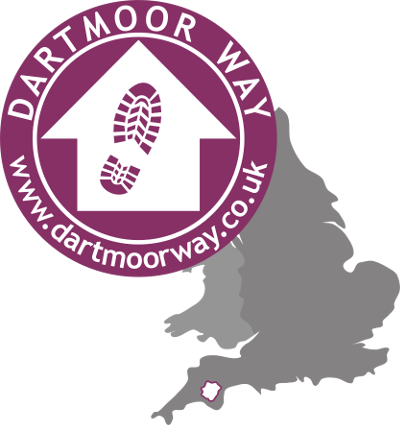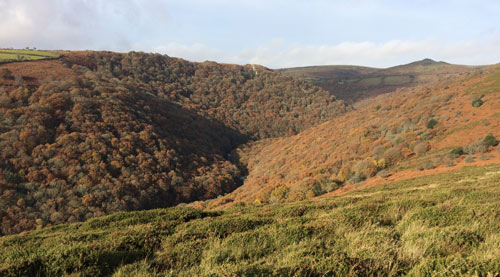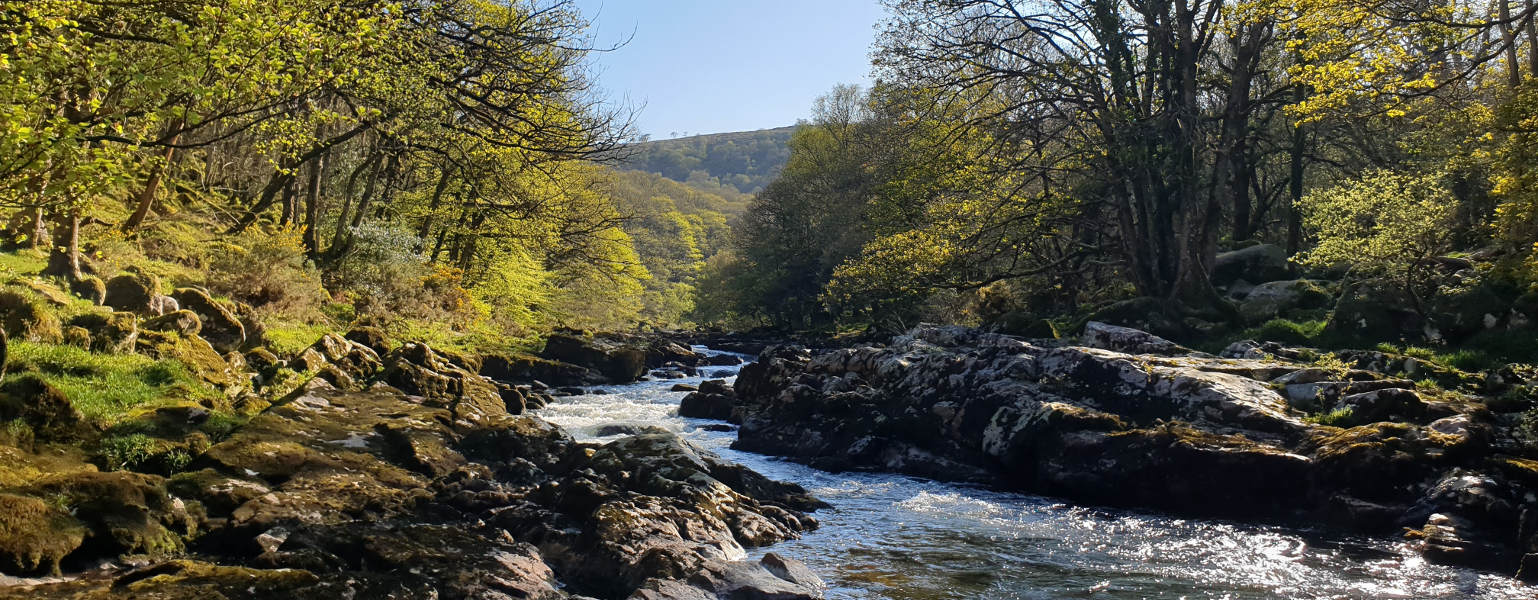
When walking the Dartmoor Way you will encounter, on most of the sections, a wide variety of landscape and terrain. These range from country lanes, footpaths and bridleways through farmland to sections of open moorland. The weather on Dartmoor can be very changeable, even in Summer, and it is recommended that stout footwear and warm clothing is worn, and a set of reliable waterproofs carried.
Whilst the Dartmoor Way passes through many moorland towns and villages offering opportunities for obtaining refreshments, it's recommended that sufficient food and drink be carried to suffice for the duration of walk planned.
Please adhere to the following:
- Please close gates behind you
- Be aware of vehicle traffic when walking along sections of the route that use country lanes
- Keep dogs on a lead (See our dog section)
- Please do not feed the ponies
- Bag up your litter and take it home
Lookout for Ticks
The livestock and wild animals on Dartmoor do carry ticks and there is a chance you or your dog may pick one up when visiting Dartmoor. If you find a tick, remove it as soon as possible as some ticks can carry diseases.
For more information about ticks and their safe removal: click here.
Visiting with your dog
Your dog will love all the different smells and exciting places to run about, but please remember that Dartmoor is a working landscape providing grazing for cattle, sheep and ponies, both on the commons and in enclosed fields.
We kindly ask that you be a responsible dog owner and follow our Love Moor Life advice.
When should you keep your dog on a lead?
During the lambing and ground-nesting bird season: 1st March – 31st July.
Ground-nesting birds, such as the skylark, meadow pipit and curlew can be scared away from
their nests by a loose dog, meaning their eggs will get cold and the chicks die.
When near livestock.
During warm weather when there is a risk of adders in the undergrowth.
Never let your dog chase animals or birds.
A dog chasing (or 'worrying') livestock can cause the sheep, cow or pony great distress.
A farmer may legally shoot a dog that is worrying livestock.
What to do with your dog's poo
Bag it and bin it at home as there are no dog waste bins provided.
Countryside access with your dog
On public rights of way, your dog should be under effective, close control. Please keep yourself and your dog to the line of the path and, if livestock are present, your dog should be on a lead.
On most areas of Access Land or common land your dog should be on a short, fixed lead of no more than 2 metres between 1st March and 31st July.
Outside of these times, please keep your dog under effective control if livestock is present.
If cattle chase you, then it is safer to let your dog off the lead – don't risk getting hurt trying to protect it.
At certain times, dogs may not be allowed on some areas of access land or may need to be kept on a lead: please follow any official signs.
Make sure your dog is regularly wormed to protect it, other people and farm animals.
Reporting uncontrolled dogs
If you see any uncontrolled dogs whilst you are out on Dartmoor, please contact the Dartmoor National Park Livestock Protection Officer on 07873 587561 or the Police on 101, giving details of the location, type of livestock (with brand or colour markings), nature of any injury, description of dog and owner and a vehicle registration.
Reporting an injured animal
All livestock, including ponies, are owned by local farmers and commoners. If you come across injured livestock please phone the Livestock Protection Officer on 07873 587561



